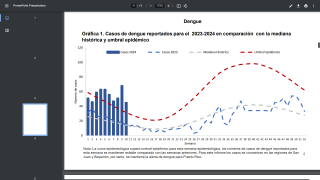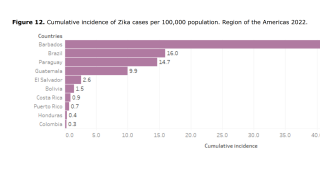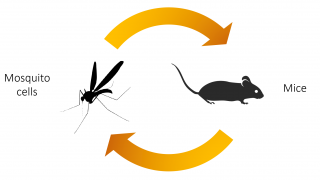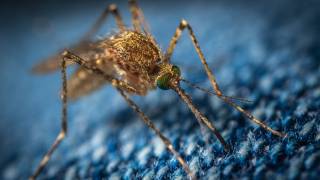72 Infants with Microcephaly Reported in Angola
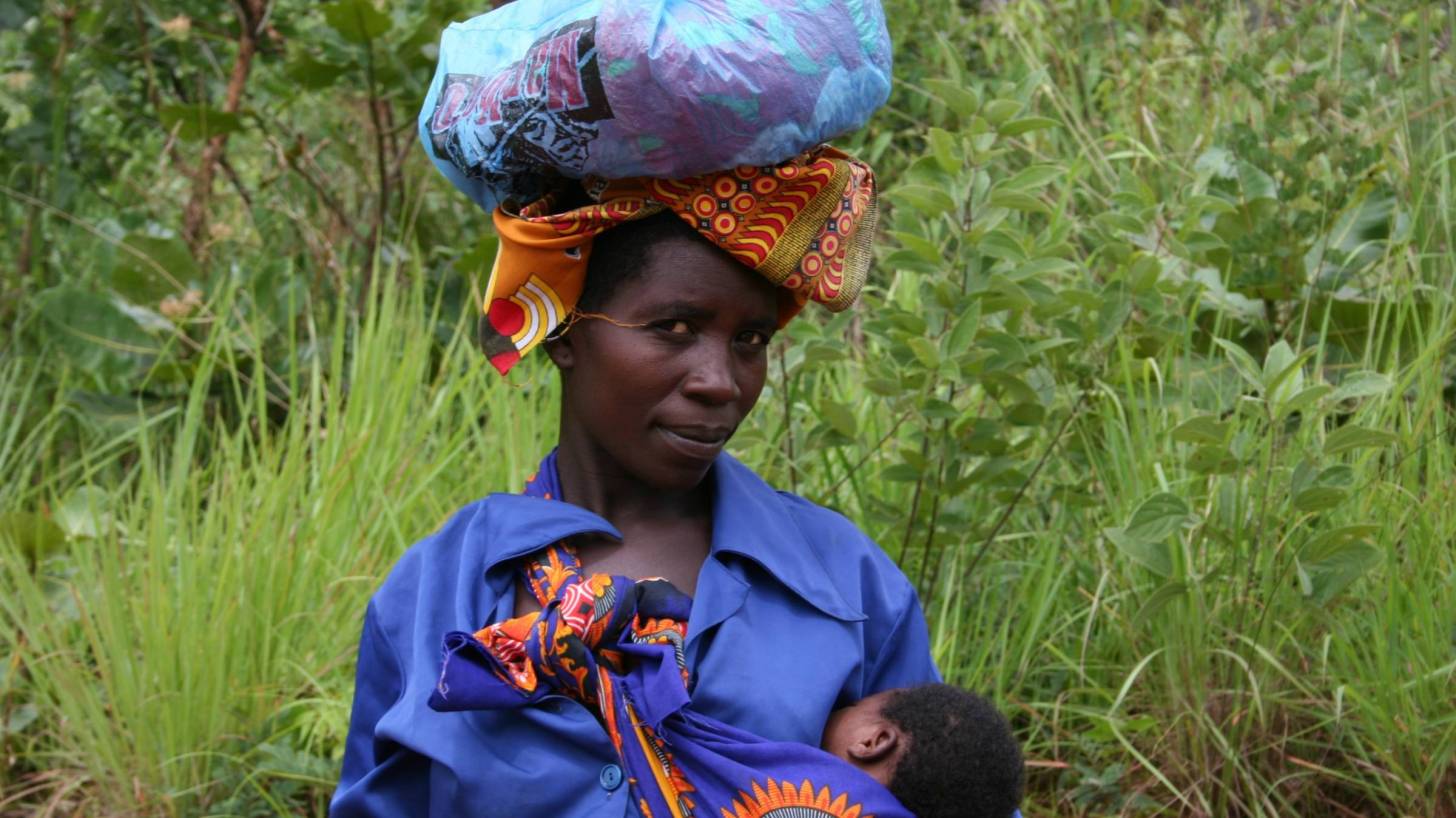
According to reporting by Reuters, at least 72 babies were born with microcephaly in Angola, Africa, between February 2017 and May 2018.
These Zika virus cases have gone largely unreported, but an internal World Health Organization (WHO) report reviewed by Reuters provided “strong pieces of evidence” of a Zika-linked microcephaly cluster in Angola.
In an emailed response to questions from Reuters, Angola’s ministry of health said it had reports of 41 cases of Zika and 56 cases of microcephaly since January 2017.
Reuters said ‘It was not immediately clear why the figures differed from the internal WHO report.’
Angola is located in Africa’s southwestern coast.
A lack of data and diagnostic testing along with a woefully inadequate Angolan health system, has made tracking the Zika outbreak difficult.
Only 1 laboratory in Angola is currently testing for Zika, according to the health ministry.
Microcephaly is a condition where a baby’s head is much smaller than expected, says the WHO.
But new findings from a research team in Portugal suggest it is the first on the African mainland involving the Asian strain of the disease, said Reuters.
It was the Asian strain of Zika that caused at least 3,762 cases of Zika-related birth defects, including microcephaly, in Brazil since 2015.
Doctors and researchers now fear this Zika strain could spread from Angola to other countries on the African continent.
“Probably not all the cases of microcephaly can be attributed to Zika,” the ministry said, listing a series of other potential causes, such as syphilis and rubella.
This Angolan outbreak comes at a time when world attention has moved on from Zika, said Reuters.
“We can’t let our attention down on this,” said Dr. Eve Lackritz, a physician who leads WHO’s Zika task force.
“We have to stay vigilant and have a sustained response.”
The Zika virus was first discovered in Uganda’s tropical forest in 1947. Over time, the virus diverged into two genetically distinct lines – the African and the Asian lineages - and neither was initially associated with large epidemics.
Recent Zika virus news:
- Rajasthan India’s Zika Outbreak Includes 11 Pregnant Women
- Ebola Risk Elevated to 'Very-High" in the DRC
- Children Born During Zika Outbreaks Should Have Eye Exams
Previously, on August 10, 2018, the Centers for Disease Control and Prevention (CDC) issued a report showing that approximately 14 percent of infants infected with the Zika virus in utero have 1 or more health issues by 1 year of age.
The rate of brain or eye abnormalities in this report were 30 times higher than the baseline of infants and children without Zika.
These CDC researchers analyzed data from the U.S. Zika Pregnancy and Infant Registry on 1,450 children in U.S. territories who were at least 1 year old and whose mother had confirmed or possible Zika virus infection while pregnant.
This finding highlights the need for ongoing surveillance, especially as some of the abnormalities were not apparent at birth.
“The Zika story is not over, especially for the children and families who have been directly affected,” said Peggy Honein, Ph.D., M.P.H., director of the CDC’s Division of Congenital and Developmental Disorders.
As of October 3, 2018, 46 Zika cases have been reported from 13 states, and 98 cases in the US Territories.
The state of California reported 16 Zika virus cases during 2018.
Most of these travel-related Zika cases were identified in people who returned to the USA from Mexico or Central America, says the CDC.
Additionally, on October 11, 2018, the CDC updated its Alert Level 2, Practice Enhanced Precautions, for various countries.
These CDC travel alerts include countries in Africa, Asia, the Caribbean, Central America, Mexico, the Pacific Islands, and South America.
All travelers to these Zika hot-Zones should strictly follow steps to prevent mosquito bites during and after the trip.
Because acquiring a Zika virus infection during pregnancy can cause birth defects, pregnant women should not travel to Zika hot-zones, says the CDC.
Our Trust Standards: Medical Advisory Committee



